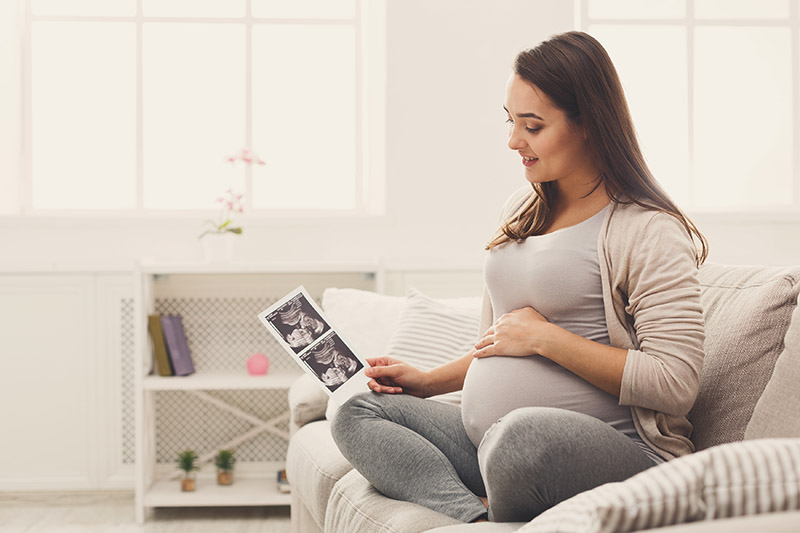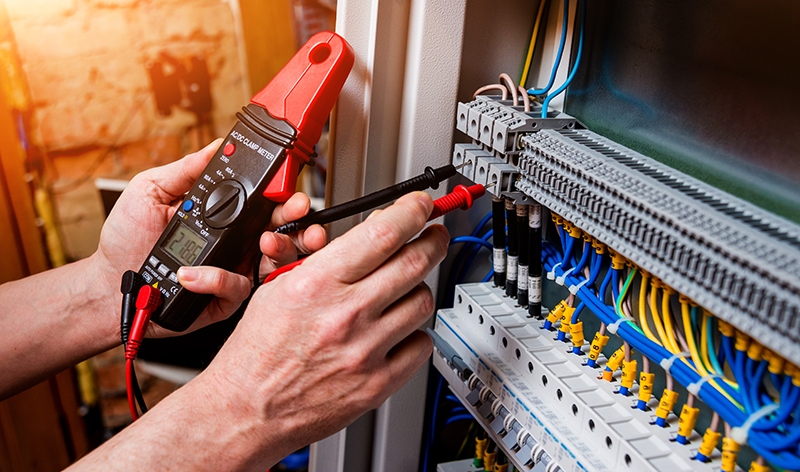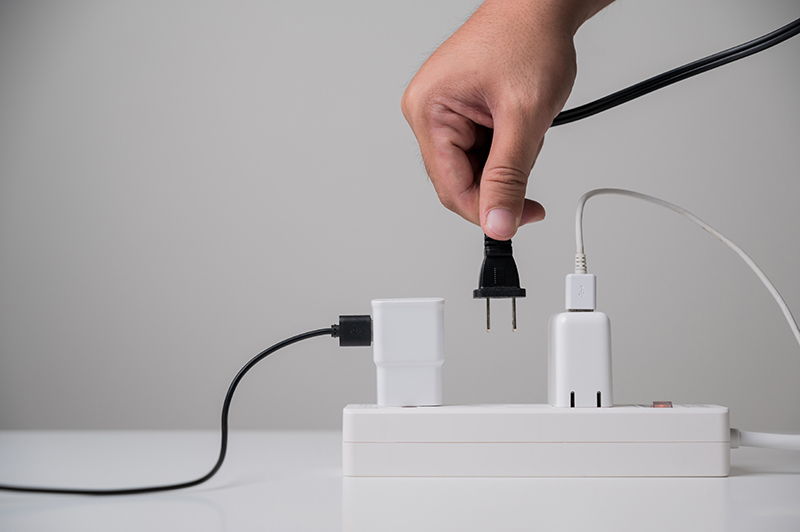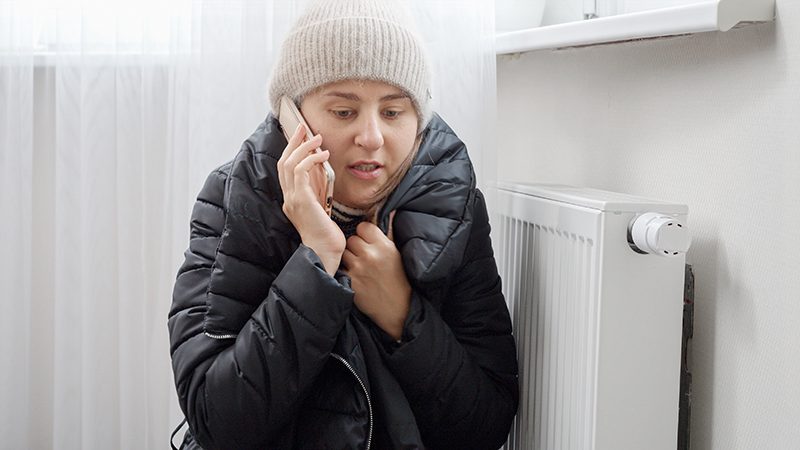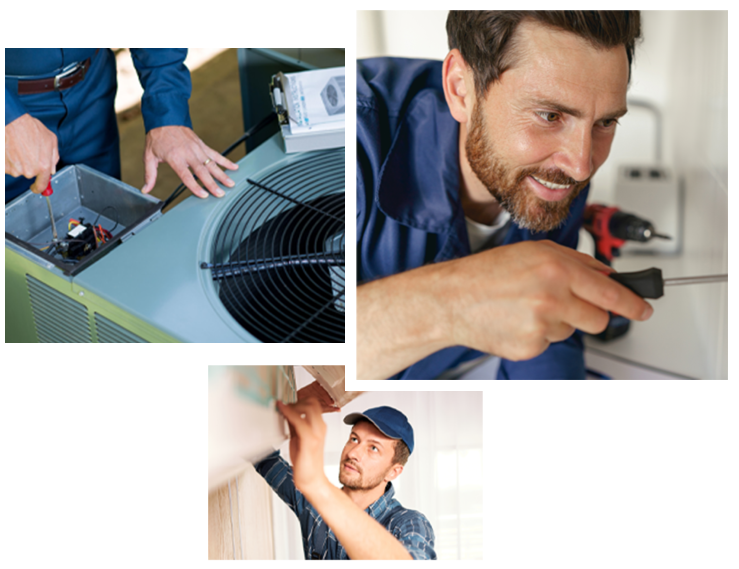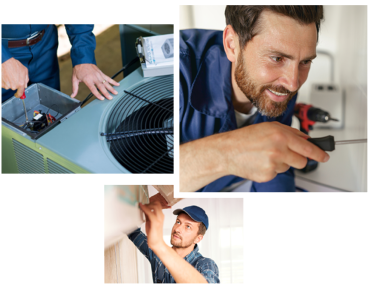How Does Indoor Air Pollution Affect Expecting Mothers?
Pregnancy is an exciting time in any woman’s life, but it also comes with downsides. One downside is worrying about risks to your safety and health. There are many health and safety concerns to expectant mothers. The one we’ll focus on today is indoor air pollution. When you think about air pollution, you may think about breathing in car exhaust or fumes from a power plant. But many people are unaware that pollution also exists in the home and workplace. Air pollution often finds itself in the home, workplace, or any other indoor area. An expectant mother spends a significant amount of time in these spaces. One study showed that indoor exposure to Formaldehyde can cause lower birth weight. Other studies show that air pollution can cause premature birth, asthma, and autism.
What are the Risks?
Because of these risks to your baby, it’s crucial to fight indoor air pollution. Look at your home’s HVAC system and make any necessary changes. First things first, you should try to find symptoms of ventilation problems. Symptoms of ventilation issues include but are not limited to the following.
- Moisture on surfaces
- Odd smells in the air
- Unclean central heating or air condition equipment
It’s a good idea to test for radon, too. HVAC professionals can do all these things. We are more than happy to help you out with this matter.
Ventilation
The next step is improving ventilation. Some good options to improve airflow are opening doors and windows, if possible. If you have fans in your home, turn those on. Another option is turning on any exhaust fans that move polluted air outdoors. You might have these in a kitchen or bathroom. We are more than happy to help you find ways to do this.
Update Your HVAC Filters
The best way to improve your indoor air quality is to replace or add new HVAC equipment. An HVAC system that isn’t working is often the source of your indoor air quality problems. With HVAC systems, the EPA recommends replacing your filters every 2-3 months. It’s crucial to have the right size filter when you do this. You can also add a portable air cleaning device to your home. Portable air cleaners are another device that filters gases and particles in your home. Along with those two options, you can also switch to a heat pump. Heat pumps don’t combust. This means that they don’t produce emissions. These emissions can be harmful to your health.
Call Us Today
If you want more information, contact Cahill Heating, Cooling, Electric, Plumbing & Sewer, Air Conditioning, & Electric. We are here to answer any HVAC questions you have. If you need our help, we are here to help. We offer repairs, maintenance, and installation of new HVAC systems. A proper HVAC system is crucial to quality indoor air. Better indoor air quality improves the health of expecting mothers and their babies. We would love to help you!


